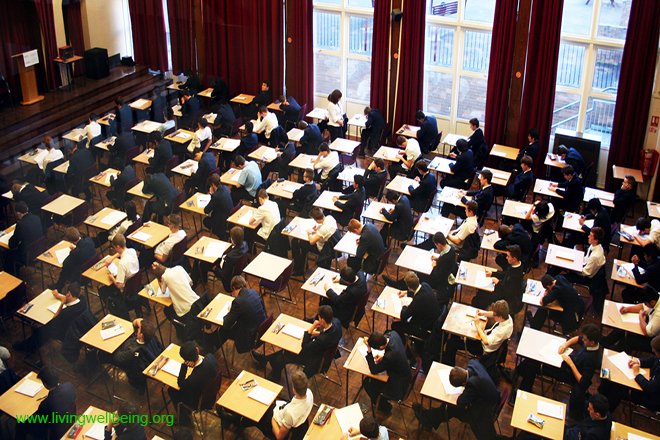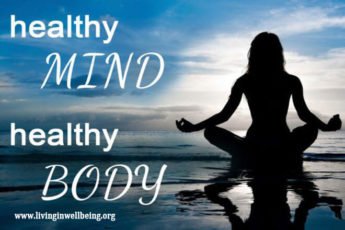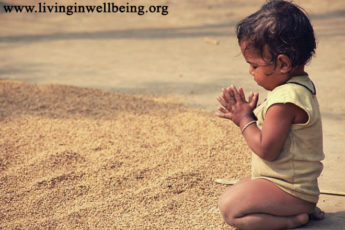
School education in New Zealand can be divided into primary & secondary education. Tertiary education covers the post school education. Vocational and technical education is provided the institutes of technology, private training establishments and polytechnics. Higher education is offered by the universities and other institutes.
Children are allowed to board the schools in New Zealand from the age of 5. It is pretty compulsory for the children to be educated from the age of 6 to 16. Most of the primary schools are said to teach in English medium, while some of them teach in Maori medium. This education starts from Year 1 and goes on till Year 8, wherein the Years 7 & 8 is provided by the primary or an individual intermediate school.
Certain schools in New Zealand are Kura Kaupapa Maori and Maori is the principal teaching medium and the education is said to be based on the Maori values and culture. Most of these schools are said to be conduct classes from Year 1 to 8, while some of them are said to conduct classes for up to Year 13.
This particular education system is said to cover Year 9 to 13. The students who pursue this level of education go to Government funded schools, which are otherwise called as secondary schools, colleges, high schools or area schools. The National Certificate of Educational Achievement [NCEA] is the major qualification to study in the secondary schools in New Zealand. The students should go through three levels to achieve NCEA qualification through various subjects and courses, which might be beyond and within the traditional school.
Those three levels of NCEA match up with the final 3 years of this secondary education system. The student has to gain 80 credits on National Qualifications Framework, 60 credits on the certificate level and 20 other credits to obtain NCEA.
This particular education system describes all the features of post school education. 36 public tertiary education institutions are present in New Zealand which constitutes of 8 universities, 21 institutes of technology and polytechnics 4 colleges of education, 3 wananga [Maori tertiary education institutions]. 46 industry training organizations and 895 private training establishments that comprise of private English language schools, which are indexed by the New Zealand Qualifications Authority are also present in the country. This education system provides courses at various levels ranging from transition programs to postgraduate study and research.
Private training establishments are present in most parts of the country and their main purpose is to offer training that is not available to the public sector. They also offer training to certain special needs or groups. Institute of Applied Learning in Otahuhu, Auckland has been providing courses in Hospitality, Health care, Computing and Business to both the international and domestic learners, for more than 17 years.
The instructors are appointed from the industry rather choosing them academic wise and the major goal of this particular decision is to enable the learners to grab job opportunities easily. A list of the organizations can be availed from TEC and NZQA websites. The private trainers possess the capability to quickly respond to the trend in the current period. Most of the organizations are said to offer courses that are accredited by NZQA, and they also provide diplomas, certificates, and degrees.
Technical and Vocational Education
Technical and Vocational Education study in New Zealand is mainly offered at institutes of technology, polytechnics, and private training establishments. Some programs are also available in secondary schools, wananga, government training establishments, one college of education, and several universities.












